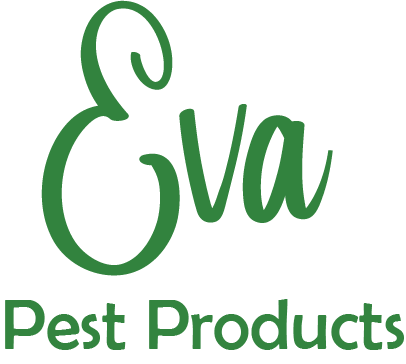Email : [email protected]
Good Pest Control Products That Deliver Results

The effectiveness of pest control products can vary based on factors such as the type of pest, the severity of the infestation, and the specific conditions of the environment. Additionally, it’s important to use pest control products in accordance with manufacturer instructions and safety guidelines. Here are some commonly used and effective pest control products for various scenarios:
1. Insecticides:
- Pyrethroids: These synthetic insecticides are effective against a wide range of insects, including mosquitoes, ants, and cockroaches. Common examples include permethrin and bifenthrin.
- Neonicotinoids: These insecticides target the nervous system of insects and are commonly used in agriculture.
- Botanical Insecticides: Derived from plants, botanical insecticides like neem oil and pyrethrum are considered more environmentally friendly alternatives.
2. Rodenticides:
- Anticoagulant Rodenticides: Compounds like warfarin and bromadiolone are commonly used to control rodents by interfering with their blood clotting mechanisms.
- Non-anticoagulant Rodenticides: Bromethalin and cholecalciferol are alternative rodenticides that work differently, providing options for different situations.
3. Fungicides:
- Copper-based Fungicides: Effective against a variety of fungal diseases in plants, copper-based fungicides are widely used in agriculture and horticulture.
- Triazole Fungicides: Compounds like propiconazole and tebuconazole are effective against a broad spectrum of fungi and are commonly used in turf management.
4. Herbicides:
- Glyphosate: A widely used non-selective herbicide effective against a broad range of weeds. It is commonly found in products like Roundup.
- Selective Herbicides: Examples include 2,4-D and dicamba, which target specific types of plants without affecting others.
5. Biological Control Agents:
- Predatory Insects: Introducing natural predators like ladybugs or parasitic wasps can help control certain pest populations in gardens and agricultural settings.
- Nematodes: Beneficial nematodes are microscopic organisms that can be used to control soil-dwelling pests like grubs and larvae.
6. Repellents:
- DEET: A common ingredient in insect repellents, DEET is effective against mosquitoes, ticks, and other biting insects.
- Picaridin: An alternative to DEET, picaridin is another effective insect repellent.
It’s important to note that the choice of pest control product should be based on the specific pest problem and the environment where it is being used. Integrated Pest Management (IPM) strategies, which combine multiple methods, are often recommended for sustainable and effective pest control while minimizing the use of chemicals. Additionally, consulting with a pest control professional can help determine the most appropriate products and methods for specific situations.



